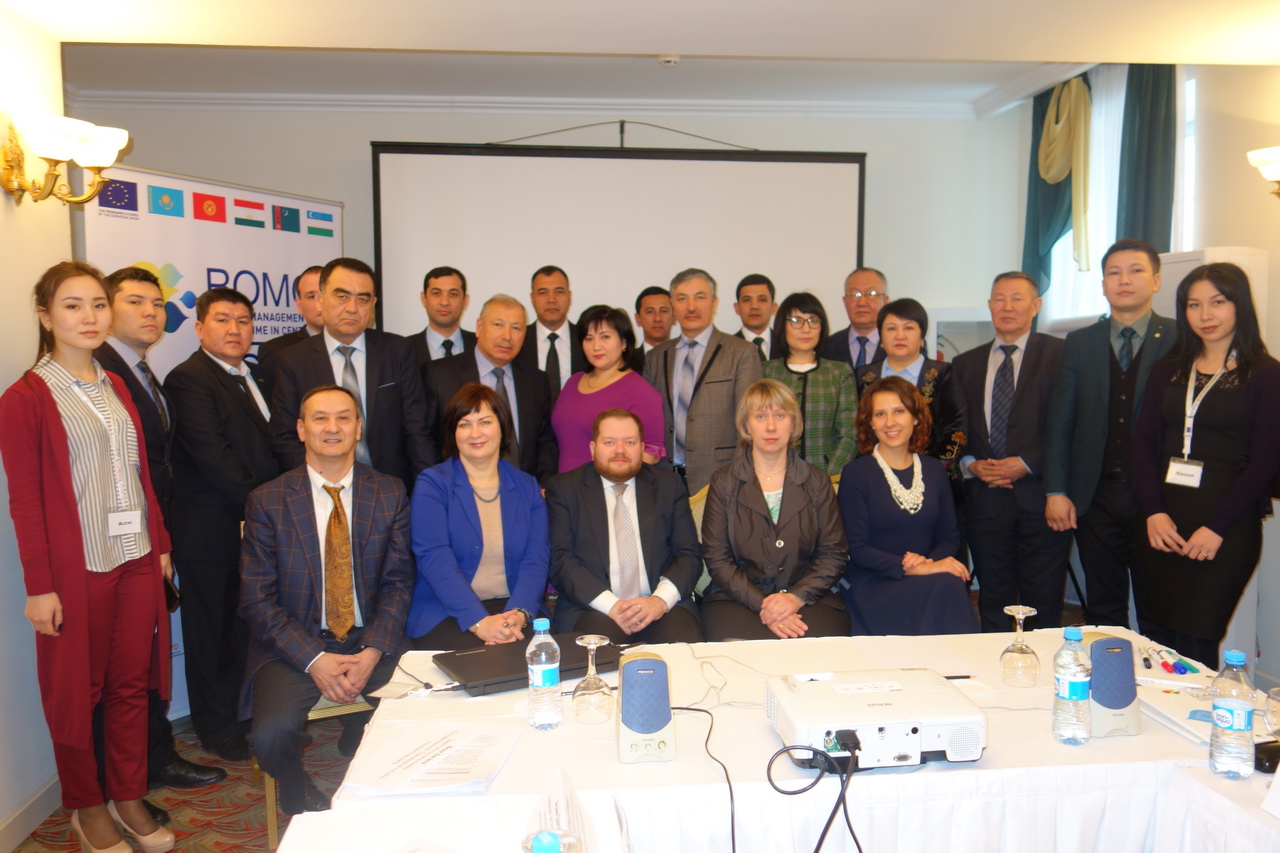On 7th of February, 2017 BOMCA expert team met with key national partners from phytosanitary, veterinary, quarantine and sanitary-epidemiological agencies of Kazakhstan, Turkmenistan and Uzbekistan to jointly assess the existing practices and procedures of risk analysis and control of imported animals, plants and food based on Kazakhstan’s experience as WTO member. This BOMCA activity aimed to Assistance the CA countries in assessment of their trade facilitation measures and assistance to WTO candidate countries (Uzbekistan, Turkmenistan) in the area of sanitary and phytosanitary standards compliance.
By reviewing and consolidating existing national and international regulations, such as World Trade Organization’s Sanitary Phytosanitary agreement requirements, International Standards of Phytosanitary Measures of International Plant Protection Convention, participants discussed possible advancement of a legislative framework that promotes a more harmonised approach to import control and create a more transparent, up-to-date and effective system of import and export controls, allowing more coherence in and integration of the different control mechanisms and different approaches in place. Experience of Kazakhstan associated with WTO accession in terms of the sanitary and phytosanitary measures was assessed as an example for countries-WTO candidates.
European experts gave overview about main principles for trade facilitation measures at border check points and presented good practices. Such aspects as legislation, control programs and procedures, decision criteria and action, appropriate facilities, equipment, transportation and communication tools for risk based import controls, trained personnel, accredited laboratory capacities were emphasized as main conditions for trade facilitation improvement.
Based on the workshop results, a set of recommendations will be prepared in relation to necessary measures for WTO accession.

